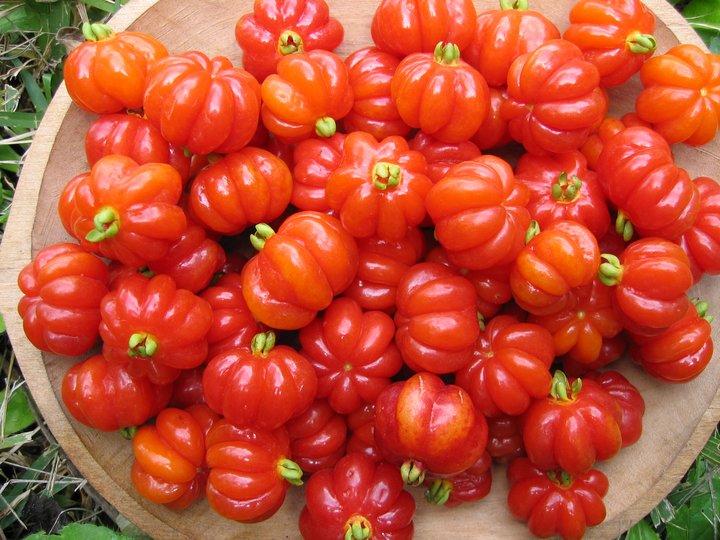Biodiversity for food and nutrition

‘Biodiversity for Food Nutrition’ (B4FN) is finding ways to mainstream agricultural biodiversity into national and global policies and programmes tackling nutrition and food security. Read more in this 2013 Annual Report story.
Launched in 2012, the Global Environment Facility-funded initiative ‘Biodiversity for Food Nutrition’ (B4FN) is finding ways to mainstream agricultural biodiversity into national and global policies and programmes tackling nutrition and food security.
B4FN is working to address growing concerns over the rapid disappearance of traditional crops and wild species by promoting and lobbying for the use of nutritionally promising species, as well as by documenting the knowledge associated with the preparation, storage and cultural use of these foods. It is led by four countries – Brazil, Kenya, Sri Lanka and Turkey – with implementation support from the United Nations Environment Programme (UNEP) and the Food and Agriculture Organization of the UN (FAO).
This year, Brazil took great strides to promote the enhanced use of biodiversity for food and nutrition while effectively meeting national obligations as a party to the Convention on Biological Diversity (CBD) to revise its National Biodiversity and Action Plan (NBSAP) by 2015. Building on the country’s 2012–2015 multi-year development plan, six national ministries and various institutes analyzed gaps between the development and biodiversity plans, identifying new partnerships and making available new budgets to assess the nutrient content of 40 promising species of Brazilian flora.
The revision of the NBSAP is bringing together different sectors that do not normally work together, with B4FN partners firmly integrated into this process. But this approach also brings challenges. Camilla Oliveira, Environment Analyst for the Ministry of the Environment of Brazil and national B4FN manager explains: “One big challenge is that many programmes in Brazil have a relationship with the B4FN project but don’t integrate well. We need to integrate and learn from best practice and avoid duplication of effort and we need a policy framework and platforms for enhancing biodiversity conservation.”
In March, Bioversity International marked another milestone for the B4FN initiative with the publication Diversifying Food and Diets – Using Agricultural Biodiversity to Improve Nutrition and Health.
The Biodiversity for Food and Nutrition Initiative is coordinated by Bioversity International and contributes to the CGIAR Research Program on Agriculture for Nutrition and Health.
